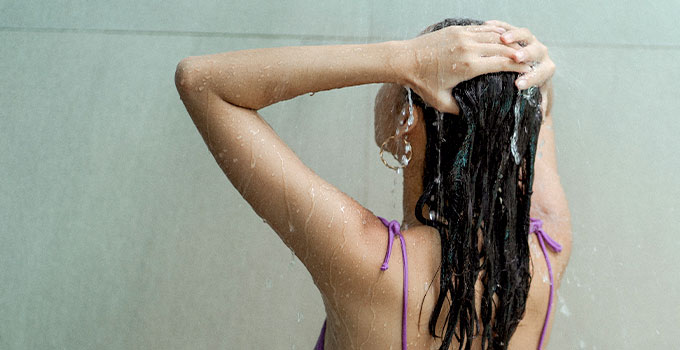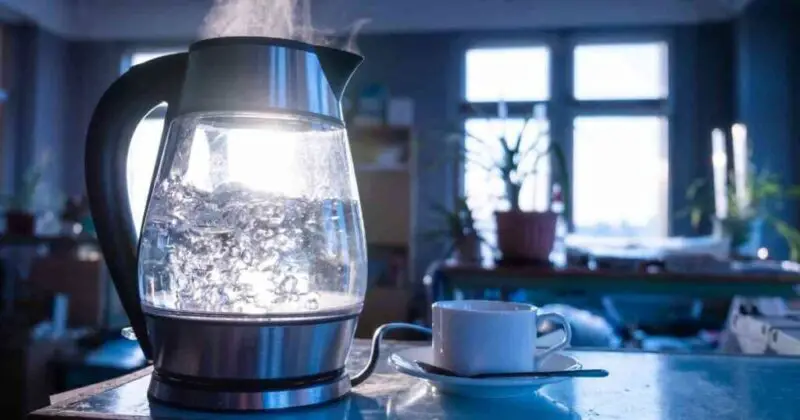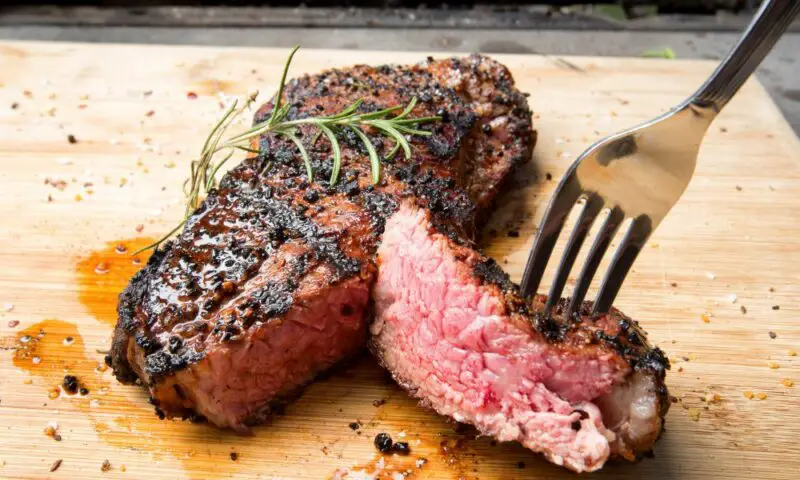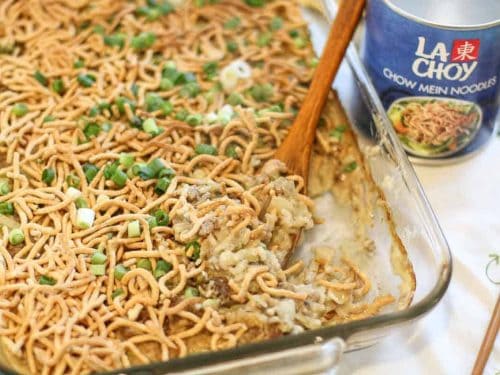A Boil Water Advisory (BWA) is a public notification issued by state and local officials to advise the public of potential contamination of municipal water supplies. This notice is sent when it is suspected that pathogens or other harmful microbes may be present in untreated water, and boiling the water can eradicate such elements. BWAs are critical measures taken to prevent people from contracting water-borne diseases caused by bacteria, viruses, protozoa, and parasites found in contaminated municipal water.
It is vital to understand the risks and take necessary precautions during a Boil Water Advisory. Using contaminated waters for any purpose increases the risk of catching infections and other health conditions that affect all age groups.
Understanding the Risks During a BWA
Contaminants Present in Untreated Water
Untreated surface waters like rivers, lakes contain bacteria, viruses, fungi, algae, minerals, insects, and other organic elements that may cause severe illness if ingested or exposed. The source of exposure could be through drinking tap water using faucets without boiling or washing dishes/clothes using untreated tap water.
Health Risks Associated with Contaminated Water
There are various health risks associated with drinking contaminated tap waters during a BWA period. Some common illnesses that arise from using unboiled tap waters include:
- Gastrointestinal illnesses: Caused by bacteria such as Escherichia coli (E.coli), Salmonella typhi (Salmonella), Shigella species (Shigellosis), Campylobacter jejuni (Campylobacteriosis)
- Hepatitis A: Caused by Hepatitis A virus- affects the liver
- Cryptosporidiosis: Caused by Cryptosporidium parvum – causes diarrhea/ stomach cramping
- Giardiasis: caused by Giardia lamblia- causes nausea/diarrhea/stomach cramping
- Legionnaire’s disease: caused by the bacterium, Legionella pneumophila- a type of pneumonia characterized by lung infection
Consequences of Not Following the Guidelines
Not following the guidelines for using water during a BWA can lead to adverse outcomes such as cardiac arrest, permanent vision loss, blindness, short term memory loss or even death.
Guidelines for Water Use During a BWA
Precautions to take When Washing Dishes
It is important to take precautions to avoid ingesting or coming into contact with harmful elements when washing dishes. Follow these guidelines:
- Wash dishes without tapping directly into the faucet also leaving them to air dry thoroughly.
- Consider washing your dishes in a dishwasher as it sanitizes every item at high temperature which kills microorganisms.
Restrictions on Cooking and Preparation of Food
During a boil water advisory period, it is essential to observe restrictions that ensure our safety from contaminants while cooking and preparing food. These include;
- Avoid eating raw foods within this time as they could contain harmful pathogens that can cause gastrointestinal infections.
- Take care not to ingest contaminated food items( including your hands).
- Observe food handling practices like refrigerating perishable foods like meat and dairy products below 40 degrees Fahrenheit or above 140 degrees Fahrenheit (The Temperature Danger Zone).
- Avoid making ice cubes from untreated tap water; instead use bottled water which has been pre-boiled.
Avoidance of Drinking Tap Water Without Boiling It
While under a boil water alert, any tapwater needs boiling before consumption excepting bottled water that have been confirmed safe by local authorities distributed across cities and communities under this advisory period in question.
Recommendations for Personal Hygiene
It is essential always to practice good personal hygiene habits regardless of an ongoing BWA in your locality. These may include:
- Hand washing: Use bottled/boiled/distilled water when washing hands before meal preparation and after restroom use.
- Dental care: Use previously boiled/distilled/ bottled water to rinse your mouth or brush your teeth while the boil water advisory lasts.
Impact of Heating Water on Contaminants
Boiling tap water is an effective way to eradicate harmful microbes from the untreated source of potable (drinkable)water in question. Boiling the tap water can help kill pathogens such as bacteria, parasites and fungi. The necessary minimum temperature required for killing varies depending on the specific type of microorganism present in the water sample.
Risks Associated with Hair Washing During a BWA
During a boil water advisory period, it’s important to assess the risk of hair washing using tap water before proceeding. There are increased risks associated with exposing our bodies/nose/mouth/eyes to contaminated waters. These risks include:
- Ingestion: Potential ingestion through any exposure could lead to health complications.
- Scalp Health impact: Exposing one’s scalp/hair strands to impure waters can cause clogging of pores/the build-up of unhealthy scaling substance resulting in dryness, itching, and rashes on skin affected by seborrheic dermatitis.
- Inhalation: Individuals exposed to contaminated shower waters could inhale respiratory irritants that could trigger sneezing or coughing fits or even aggravate acute asthma symptoms due to increased exposure levels
Precautions for Safe Hair Washing During a BWA
Here are some precautions that one can take when washing their hair during a BWA period:
- Use distilled or boiled/filtered/bottled drinking/Safe Tapwaters for rinsing and shampooing/treating hair instead of plain tapwater
- To reduce inhalation risks from any steam rising during this practice, lower the showerheads flow rate or wear protective gear like masks/respirators meant for pollutants
- Reducing Shower duration which limits both exposure time to the contaminated running water, hence minimizing inhalation and absorption risks through the skin.
Alternative Hygiene Practices for BWA Periods
Even amid a BWA period, practicing good hygiene is still important. Here are alternative methods that one can use for personal hygiene practices:
- Dry shampooing: Use of dry shampoos as an alternative method for cleaning hair without regular rinsing while reducing exposure to harmful chemicals frequently found in ordinary shampoos.
- Cleansing using safe bottled water
Conclusion
It is important always to enforce prudent judgment when boil water alerts are issued by your local authorities to avoid contracting infections associated with contaminants in untreated water supplies. Following these recommended practices helps ensure that one stays healthy during this critical period, thus staying safe amidst such critical periods.
Q&A
During a boil water advisory, many people are often unsure of what they can and cannot do. A common question is whether or not it is safe to wash your hair. Here are some answers to common questions that can help you stay informed.
Q1: Can I use tap water to wash my hair during a boil water advisory?
A: Generally speaking, it is safe to use tap water to rinse your hair during a boil water advisory. However, it’s important to note that the tap water may contain harmful bacteria or viruses that could cause skin irritation or other health problems.
Q2: What precautions should I take when washing my hair during a boil water advisory?
A: If you are going to use tap water to wash your hair, make sure you first bring the water to a rolling boil for at least one minute and then let it cool before using it. You can also use bottled or pre-boiled water for added safety. Additionally, avoid getting any contaminated water in your eyes, nose, ears, or mouth while washing.
Q3: Can I use shampoo and conditioner during a boil water advisory?
A: Yes, you can still use shampoo and conditioner while under a boil water advisory. However, try not to let any contaminated tap water get into the containers where you store these products.
Q4: Is it okay if my wet hair comes into contact with contaminated surfaces?
A: While there is no evidence that allows for the transfer of bacteria from wet hairs onto towels/clothes; as someone who goes through their day using public restrooms (a place where germs spread like wildfire), it’s best practice that after washing your hands and drying them off (without touching anything afterwards) you pull down paper towels enough so they’re lower than your elbows without really touching the towel dispenser with anything other than the paper towel. Then; lean forward over the sink and turn your head so that your hair falls directly onto the area where you have laid down the paper towels – this will keep any bacteria on your wet hair from falling onto surfaces.
Disclaimer: It is always advisable to follow any instructions provided by local emergency management or water authorities during a boil water advisory to ensure your safety.



